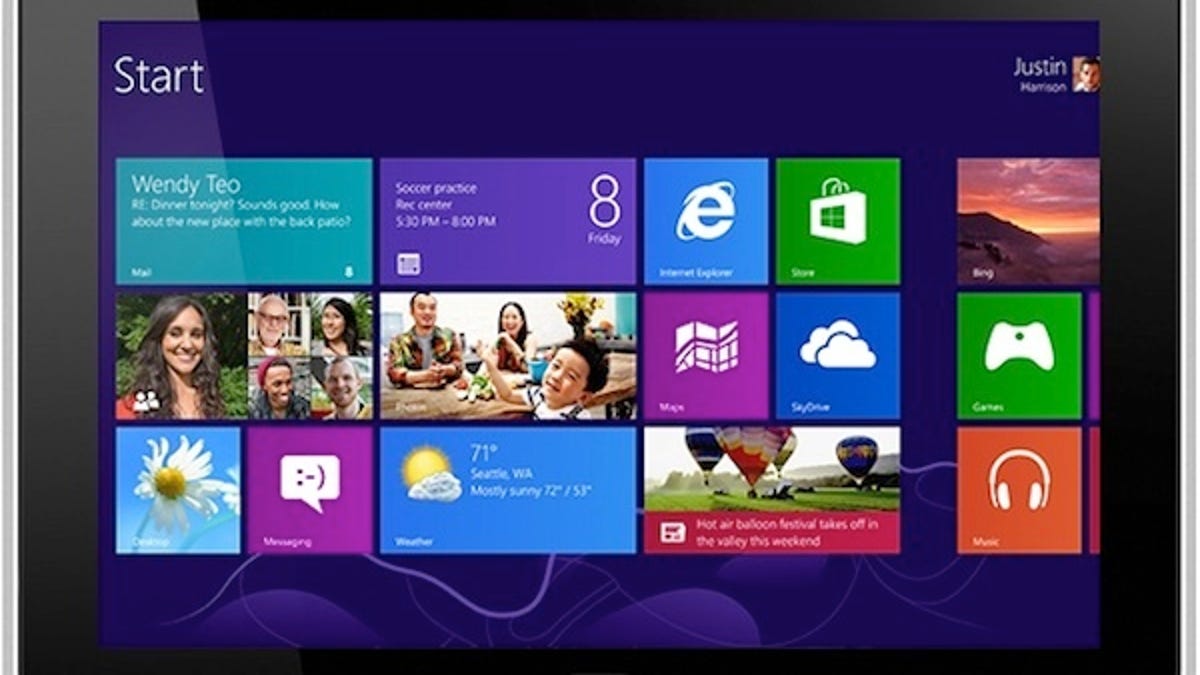Intel's new mobile chip to boast up to 8 processor cores
This chipmaker discloses details about the long-awaited redesign of the Atom processor.

Intel needs to make waves in mobile computing. That's exactly what the first overhaul of the Atom chip design intends to do.
The new Silvermont Atom micro-architecture -- the first major architectural change since Atom debuted in 2008 -- delivers a "significant reduction in power [consumption] and a significant increase in performance," Dadi Perlmutter, an Intel executive vice president, said in a conference call Monday.
Perlmutter was quick to point out that the two -- performance and power efficiency -- are not incompatible. A slide (below) showed Silvermont Atom performing at twice the level of the previous Atom but also cutting power consumption (which Intel calls "lower power" in the slide.)
And Silvermont won't skimp on processor cores, providing up to eight of them. The current Atom tops off at two cores. That said, the typical tablet using the "Bay Trail" chip -- the version of Silvermont aimed at tablets and hybrids -- will likely use two or four cores.
One of the key changes to Atom is a higher-performance out-of-order design, just like Intel's mainstream Core processors.
And the new architecture will tap the company's 22-nanometer 3D transistor design -- a first for an Intel chip that's designed for tablets and small devices.
The Silvermont design will spawn a variety of Atom chips, according to Intel:
- Bay Trail: The quad-core Bay Trail system-on-a-chip (SoC) is scheduled for holiday 2013 tablets and will more than double the compute performance of current-generation tablets using Intel chips. Variants of Bay Trail will also be used in entry-level laptop and desktop computers.
- Merrifield: The chip for smartphones is slated to ship by the end of this year. It will enable increased performance and battery life over the Atom used in smartphones today.
- Avoton: For servers and microservers. The 64-bit chip supports integrated network fabric interface,
error code correction, and Intel virtualization technologies. Will be available in the second half of this year.
- Rangeley: A processor aimed at network equipment, specifically for entry-level to mid-range routers, switches and security appliances. It will also be available in the second half of this year.

